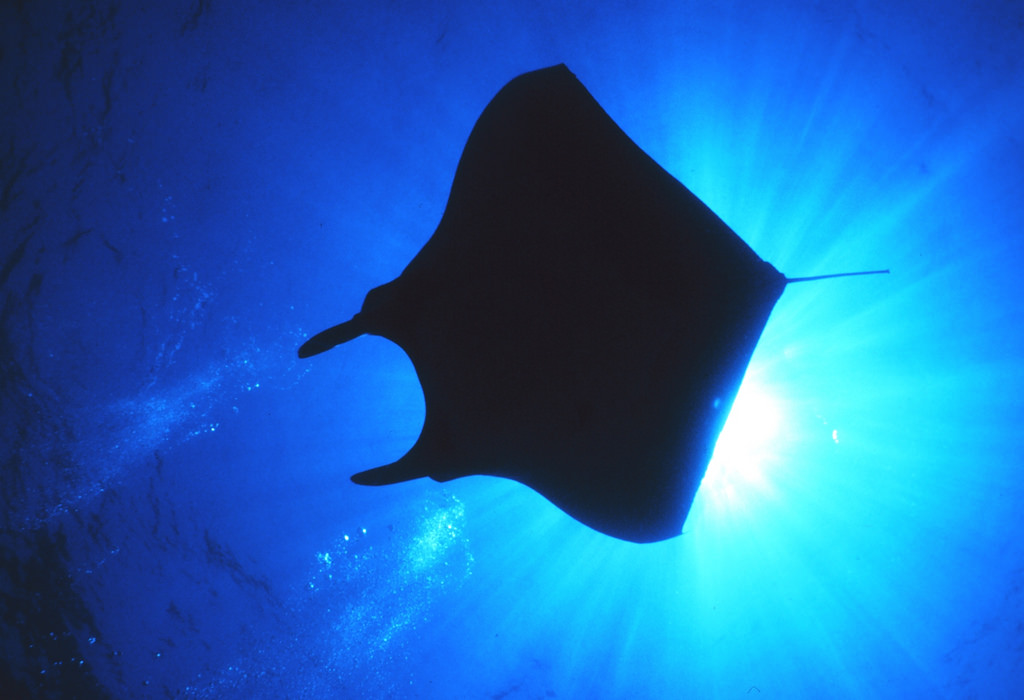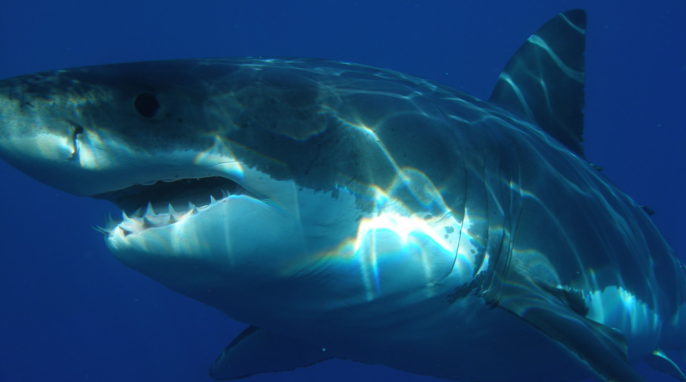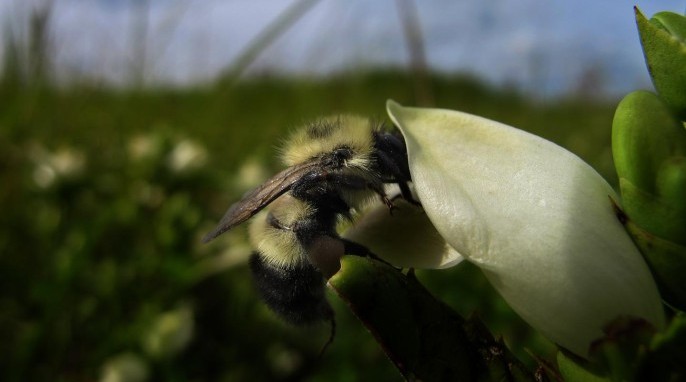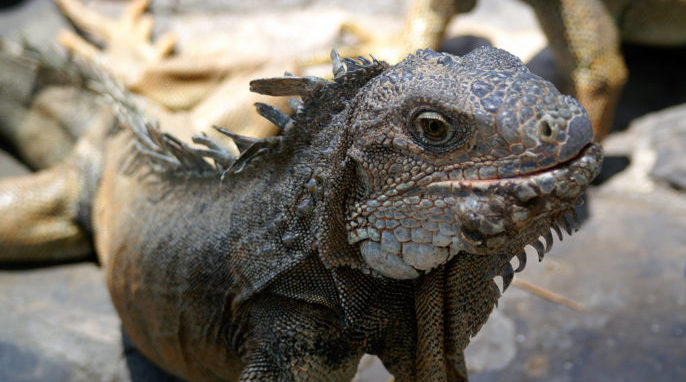Large sharks are known to heal rapidly and resist some diseases including cancer. Could humans learn how sharks beat cancer and copy their ways?
By Kate Stone
Wouldn’t it be great to have the power to rapidly heal from injuries or to resist cancer? A human with those coveted abilities might be viewed as the stuff of superhero fantasy. However, there are animals on earth that are known for rapid healing and cancer resistance—sharks. Could we possibly learn how sharks do it and copy them?
Scientists from Nova Southeastern University (NSU) have unveiled the results of a new genomics study of shark DNA. The study of great white and great hammerhead shark DNA reveals special modifications in their immunity genes—modifications that could be responsible for the rapid wound-healing and possible cancer-defying skills in these big ocean predators.
Admiring the mighty shark
Sharks and rays are generally believed to be efficient wound healers and suspected of showing a greater resistance to cancers. Hypothesizing that sharks’ healing powers are likely tied to their immune systems, which have been fine-tuned over 400 million years of evolution, researchers set out to investigate. Their findings now provide the first evidence that some shark and ray immunity genes have undergone evolutionary changes that may have led to their impressive immune system abilities and help sharks beat cancer.

“The immune systems of sharks and rays have been battle-tested and evolved over hundreds of millions of years,” says Mahmood Shivji, PhD, director of NSU’s Save Our Seas Shark Research Center and Guy Harvey Research Institute. “Using genomics approaches to understanding their immunity genesis is likely to produce many more exciting discoveries, some of which could potentially translate into human medical benefit. Now we have another important reason to make sure we don’t lose these marvelous and ecologically critical animals to overfishing, as is currently occurring in many parts of the world. We’ve just scratched the surface in terms of learning what these ancient animals can teach us, as well as what they can possibly provide us in terms of direct biomedical benefits.”
Cancer and immunity genes
To begin, the researchers looked at two shark immunity genes known as legumain and Bag1. Both these genes have counterparts in humans. In humans, their overexpression (producing more RNA protein than they should) is well known to be associated with a whole range of cancers. These genes in sharks, however, have changed as a result of evolutionary natural selection. Unlike those in humans, these two genes appear to give sharks antitumor properties.
“Several studies have demonstrated antitumor properties of shark-derived compounds in lab studies,” Shivji explains. “It’s intriguing that we are now seeing evidence of evolutionary adaptation in these specific shark immunity genes, which just happen also to be involved in promoting cancer in humans.”
Please don’t eat the sharks
Shivji wants everyone to understand that eating parts of sharks will not make us immune to cancer, nor will it grant superhuman healing powers. The research team stresses that ingesting parts of sharks will not cure or prevent cancer, and in fact, it is likely to be damaging to one’s health because of the high mercury content in sharks.
RELATED: HOW DO SHARK TEETH BITE?
Although the notion that sharks and rays are more resistant to cancers needs rigorous scientific confirmation, the results of this new study raise the enticing prospect that the proteins produced by these cancer-related legumain and Bag1 genes have modified functions in sharks, including the possibility of actually protecting the animals from acquiring cancer.
These genes were made for healing
So, how do sharks heal from their injuries relatively quickly? The shark DNA sequences provide clues. The research team found that compared to bony fishes, the four species of sharks and rays examined had a much higher proportion of genes involved in antibody production immunity. Moreover, some of the infection immunity genes only appeared in the sharks and rays, and not in other fish.
RELATED: HOW A GREEN TEA ANTIOXIDANT HELPS FIGHT CANCER
“This higher proportion of genes involved in adaptive (antibody) immunity function could be a key reason behind the infection-fighting and fast wound-healing abilities of sharks and rays,” says Michael Stanhope, PhD, of Cornell University, who co-led the study with Dr. Shivji. “Previous studies of the shark immune system have already yielded some surprises in terms of antibody structure.” These new insights into shark genes and immune systems may be only the tip of the iceberg. Time will tell what else sharks have to teach us.
This study was primarily funded by the Save Our Seas Foundation. You can read the journal article about how sharks beat cancer in the journal BMC Genomics.
Reference
Marra, N. J. et al (2017). Comparative transcriptomics of elasmobranchs and teleosts highlight important processes in adaptive immunity and regional endothermy. BMC Genomics.
Featured image: Great white shark. Credit: sharkdiver68 via Wikimedia Commons.




